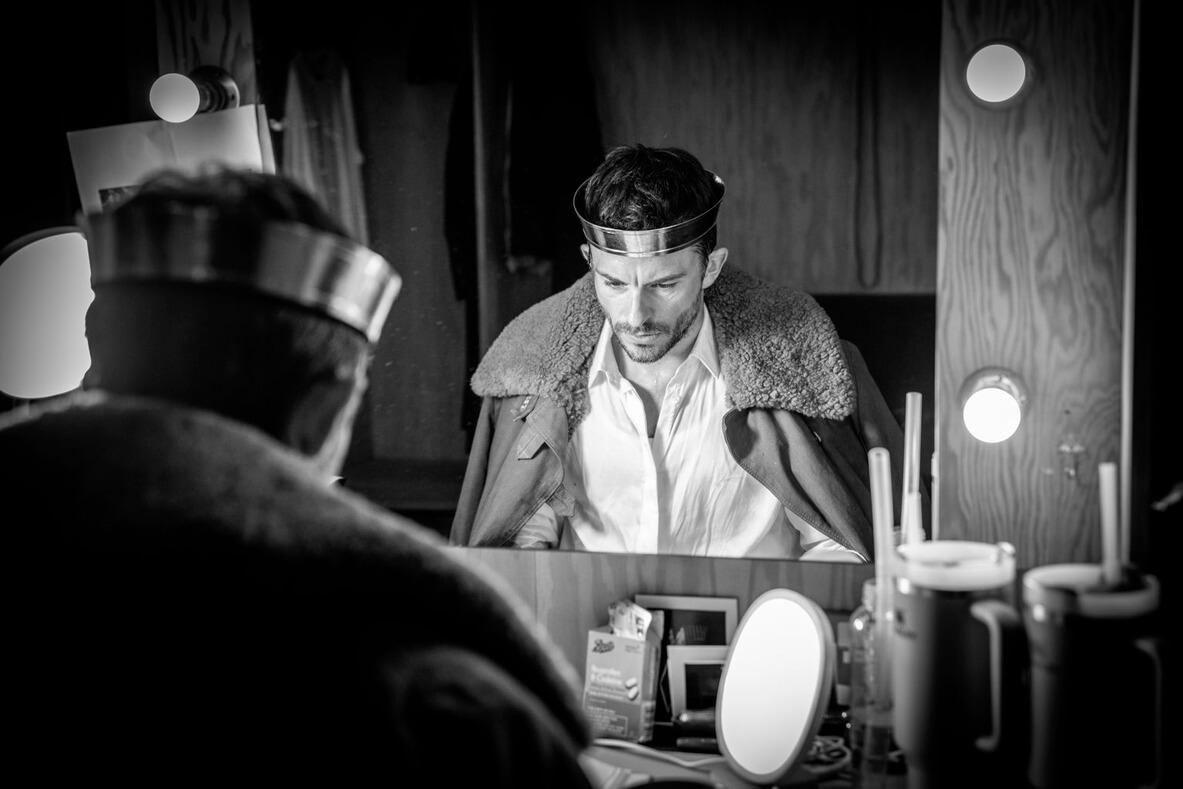Grace, played with confidence and military precision by Asmara Gabrielle, has a lot of anger inside her but quite where the anger is directed is unclear at first. She is invited along to a meeting by Wendy (Lucy Thackeray) and although at first Grace isn’t sure ‘she is for them or they are for her’ the group convince her to stick around. As the play gets underway we are immediately wrapped-up in the lives of the women in the community centre; Bev (Maggie McCarthy) doesn’t like the foodbank because it is full of Liquorice All-sorts, Cheryl’s (Wendy Morgan) lazy husband can’t even find the cutlery drawer and Wendy isn’t happy that her beloved community centre is being sold to make way for an Islamic Centre. The characters already have our sympathy and our curiosity when we slowly realise what exactly these women are protesting.
The play is very straight forward in terms of theatricality. The set is fully transformed into a realistic, slightly worn-down community centre which took me right back to DJ dance competitions at school discos. Everything we see on stage is played out within the walls of this building, where these women have many memories; it was where Grace was playing when 9/11 happened and a boy turned to her and said it was brown people like her who did it. However, it is what happens offstage that is most impactful as we hear accounts of EDL (English Defence League) violence and burning of Burkas. It is a credit to Muthy’s writing that those events seem almost as visual as the ones that happen in front of our eyes.
Grace’s backstory seems overly complicated but perhaps the writer felt the need to excuse her anger and emphasise her instability.
From start to finish this play was thoroughly engaging and is a true example of how the personal is political. The women were as real as anyone you would meet in Croydon High Street and the play offered up some alternative perspectives on hating hate.

 HighTide’s pop-up festival has come to London for the first time, bringing with it a range of emerging playwrights. Heroine is a new piece by Nessah Muthy that brings us right into the heart of a South London community centre where a group of women gather together to eat cakes, play bingo and plan their peaceful protests. However, the arrival of EOD Bomb Disposal Engineer Grace who has been discharged from Afghanistan, changes the groups dynamic and their focus.
HighTide’s pop-up festival has come to London for the first time, bringing with it a range of emerging playwrights. Heroine is a new piece by Nessah Muthy that brings us right into the heart of a South London community centre where a group of women gather together to eat cakes, play bingo and plan their peaceful protests. However, the arrival of EOD Bomb Disposal Engineer Grace who has been discharged from Afghanistan, changes the groups dynamic and their focus.



 Based on the original novel by Charlotte Brontë, Bristol Old Vic’s adaptation of JANE EYRE has been imaginatively catapulted into the 21st century. This version is a coming of age story, which focuses on the importance of Jane as a woman, who, in spite of everything, fights for herself and her freedom in a brave and unforgiving way. This reworking is as relevant now as ever. In a time where women are still fighting for equality; whether that be in monetary terms or simply in how they are viewed by the world, Jane Eyre is flying the feminism flag high and not apologising for doing so.
Based on the original novel by Charlotte Brontë, Bristol Old Vic’s adaptation of JANE EYRE has been imaginatively catapulted into the 21st century. This version is a coming of age story, which focuses on the importance of Jane as a woman, who, in spite of everything, fights for herself and her freedom in a brave and unforgiving way. This reworking is as relevant now as ever. In a time where women are still fighting for equality; whether that be in monetary terms or simply in how they are viewed by the world, Jane Eyre is flying the feminism flag high and not apologising for doing so.